Soil testing equipment is crucial for assessing soil properties to determine its suitability for agriculture, construction, and environmental purposes. These tools help analyze physical, chemical, and biological soil attributes, ensuring informed decisions in various industries. Below is an overview of key soil testing equipment categories and their applications:
What is Soil Testing Equipment?
Imagine you’re baking a cake. You need to measure your ingredients—flour, sugar, baking powder—to get the perfect result. Soil testing equipment works in a similar way. It helps measure what’s in the soil: nutrients, moisture, compaction, and more. These measurements guide decisions, whether you’re planting crops or building a skyscraper.
The equipment ranges from simple tools like hand augers (used to collect soil samples) to advanced machines like soil analyzers, which give precise data about the soil’s properties. In 2024, many of these tools are now equipped with smart technology, making testing faster and more reliable.
Types of Soil Testing Equipment
Different tasks call for different tools. Here are some of the most commonly used types of soil testing equipment:
1. Moisture Meters
Moisture is critical for farmers and construction workers. A moisture meter checks how much water is in the soil. This helps farmers know when to water crops and construction crews ensure the soil is stable enough for building.
2. pH Meters
The pH level of soil tells you if it’s acidic, neutral, or alkaline. Crops grow best in a specific pH range, and this tool helps farmers adjust soil conditions to boost plant health.
3. Compaction Testers
In construction, soil needs to be compacted well to support structures. Compaction testers measure how tightly packed the soil is, ensuring it’s ready for heavy loads.
4. Soil Nutrient Analyzers
These devices detect levels of essential nutrients like nitrogen, phosphorus, and potassium. Farmers use this information to decide what fertilizers are needed for healthy crops.
5. Geotechnical Testing Equipment
For large-scale projects like roads and dams, geotechnical tools test the soil’s strength, density, and other properties. This ensures the soil can support the weight and pressure of the construction.
Why is Soil Testing Important?
Skipping soil testing is like trying to cook without tasting your food—you won’t know what’s missing until it’s too late. Here’s why soil testing is a must:
- For Farmers: Healthy soil means better crops. Soil testing helps farmers avoid overusing fertilizers, saving money and protecting the environment.
- For Builders: Strong soil means safer structures. Testing prevents costly mistakes and ensures the ground can handle the project.
- For the Environment: Soil testing helps monitor pollution levels, ensuring that soil isn’t contaminated with harmful substances.
What’s New in 2024?
In 2024, soil testing is smarter than ever. Here are some exciting trends:
- Smart Sensors: New equipment comes with wireless sensors that send real-time data to your smartphone or computer. This makes it easier to monitor soil conditions without manual checks.
- AI Integration: Artificial intelligence is being used to analyze soil data quickly. This helps users make decisions faster and with greater accuracy.
- Portable Devices: Many soil testing tools are now handheld, making them perfect for on-the-go professionals.
- Eco-Friendly Designs: With sustainability in mind, many manufacturers are creating equipment that uses less energy and produces minimal waste.
How to Choose the Right Soil Testing Equipment
Picking the right tool depends on your needs. Here are some tips:
- Know Your Purpose: Are you testing for farming, construction, or research? Each task has specific tools.
- Check Accuracy: Look for equipment with high precision. Accurate readings are crucial for making good decisions.
- Consider Budget: While some advanced tools can be pricey, there are affordable options for beginners.
- Look for Support: Choose brands that offer customer support, tutorials, and warranties. This will save you headaches if something goes wrong.
FAQs
What is soil testing equipment used for?
Soil testing equipment helps measure soil properties like nutrients, moisture, and strength to guide farming, construction, or environmental projects.
Can I use soil testing equipment at home?
Yes! Many tools, like pH meters and moisture testers, are simple and perfect for gardening or small-scale projects.
Is soil testing expensive?
It depends on the equipment. Basic tools are affordable, while advanced machines for professional use can be costly.
How often should I test soil?
For farming, test soil at least once a year. For construction, test before starting any project.
What’s the most important soil property to test?
It depends on your goal. Farmers focus on nutrients and pH, while builders prioritize compaction and strength.
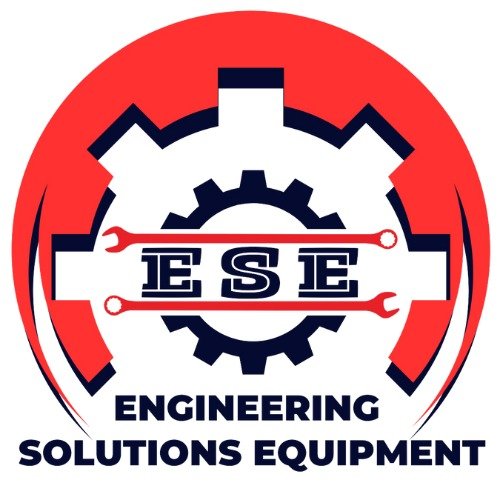

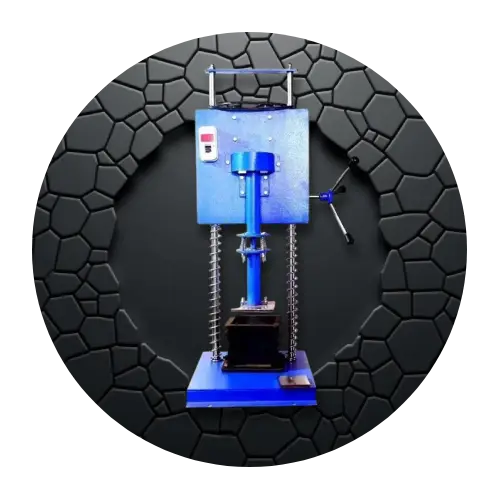
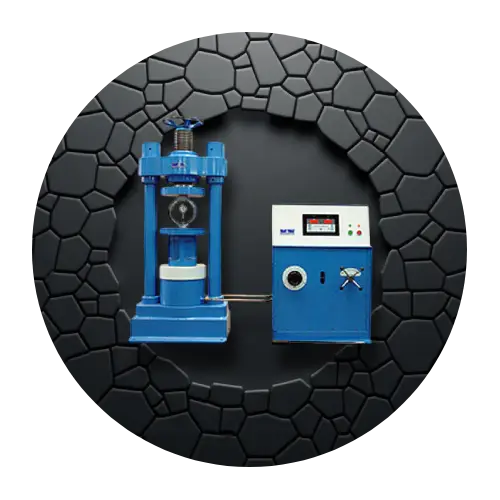
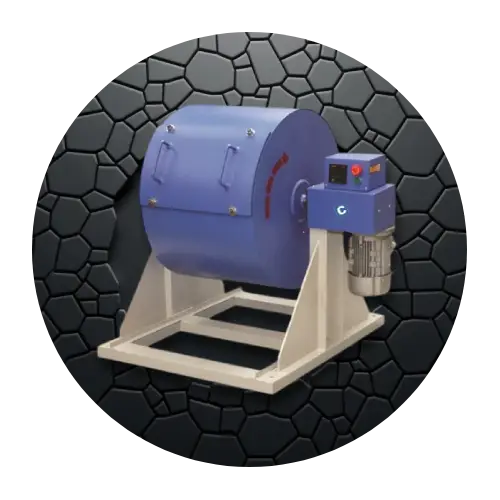
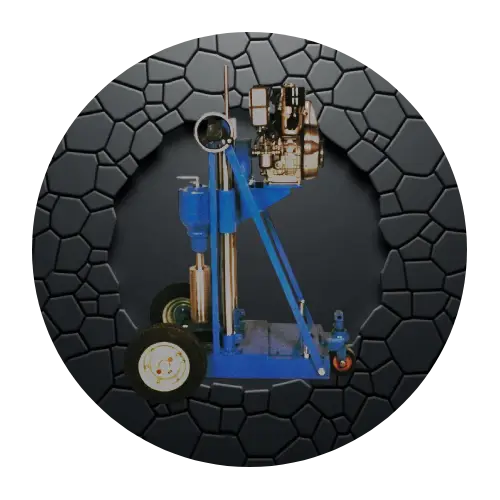
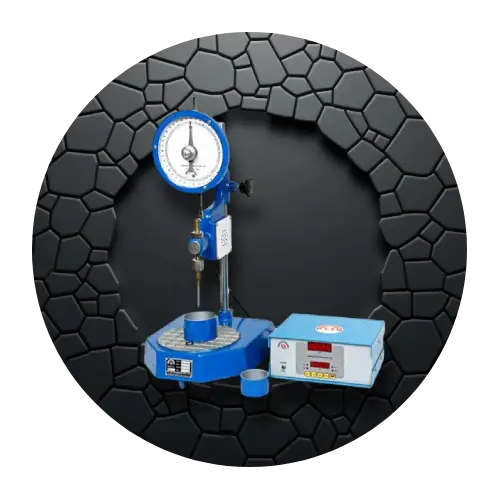
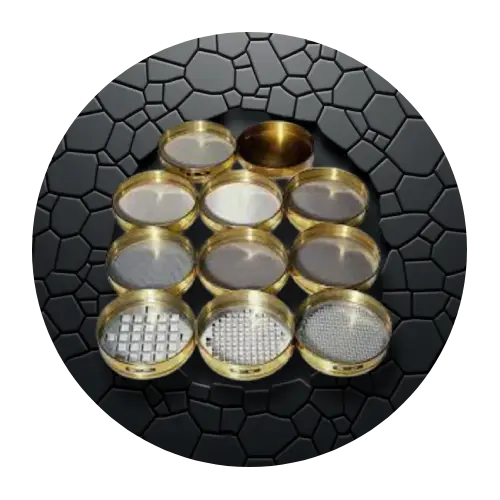


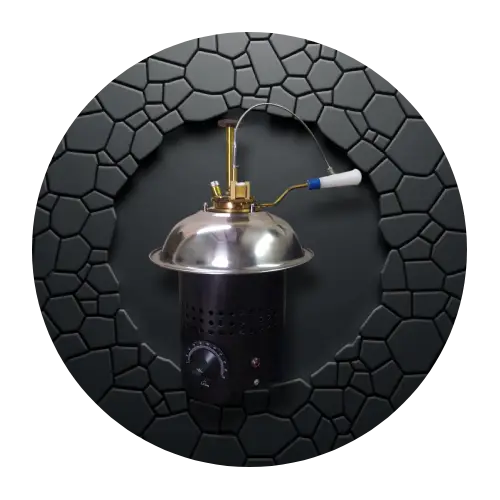
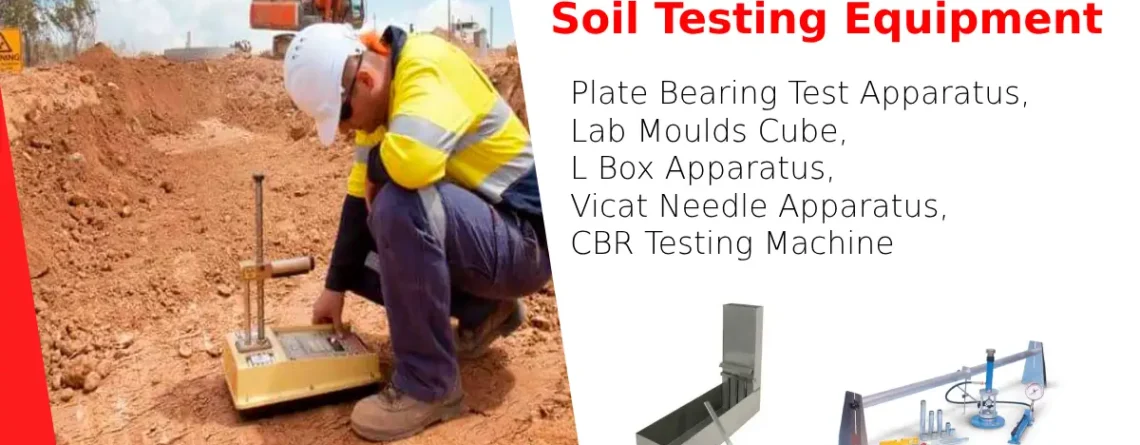

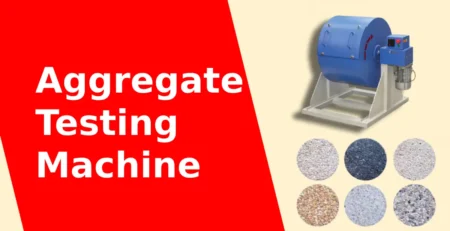


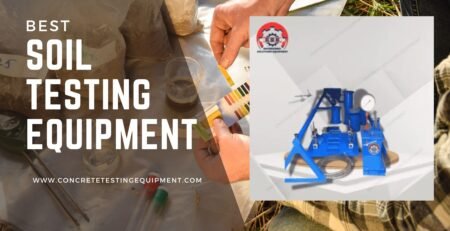

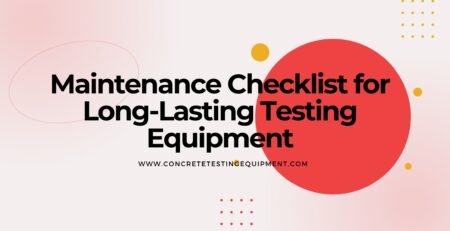

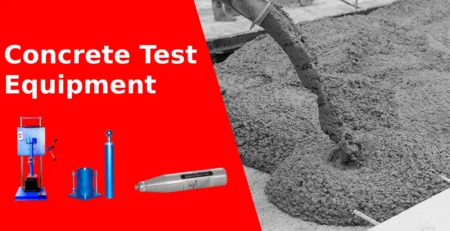
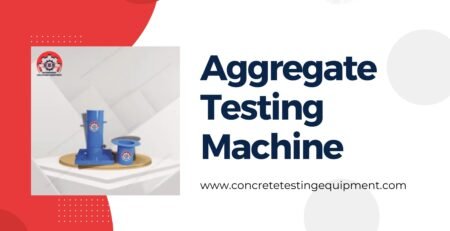

Comment (1)
Your words feel like a conversation with an old friend — intimate, thoughtful, and deeply human.